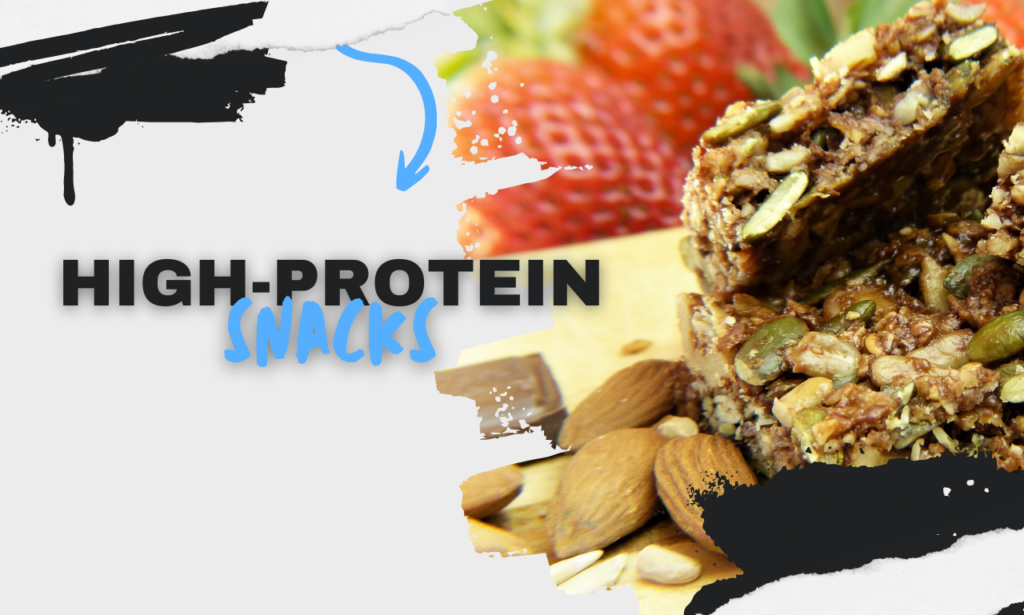How to gain weight
You can healthily weight gain by altering your diet to incorporate more protein, carbohydrates, and healthy fats. Almonds, dried fruit, and smoothies are more options.. Being naturally underweight because of genetics or having a rapid metabolism are just two of the many reasons why someone would want to put on weight. Furthermore, underweight can indicate poor diet or underlying health problems. Moreover, a lot of people who are not clinically underweight could nonetheless have other reasons for desiring to gain muscle mass. It’s crucial to gain weight safely, though.
This can involve eating more meals high in nutrients and leading a generally healthy lifestyle, which includes getting enough sleep and, whenever possible, managing stress. You may employ various tactics, regardless of the reasons behind your desire to gain weight. We’ve included a number of potential solutions below.

Eat more calories
Creating a calorie surplus, or eating more calories than your body requires, is the most crucial thing you can do to put on weight. This calorie calculator can help you figure out how many calories you need. Try aiming for 300–500 calories higher than your daily caloric expenditure, as indicated by the calculator, if you wish to gain weight gradually. Try aiming for between 700–1,000 calories more than your maintenance level if you want to gain weight quickly.
Remember, calorie calculators are simply estimates. Your daily calorie requirements may differ by a few hundred, give or take. For the first few days or weeks, it can be helpful to keep track of your caloric intake, but it’s not necessary to do so continuously. Numerous excellent resources are available to assist you.
Consume extra protein
Consuming sufficient amounts of high-quality proteins is crucial for optimum development, growth, and overall health. A 2020 study with 23 participants Lean muscle mass can be increased by increasing protein, according to Trusted Source. Adults should consume 50 grams (g) of protein per day, according to the Food and Drug Administration (FDA). This can, however, differ for every person and be influenced by things including age, sex, and past medical conditions. Foods high in protein include:
- meats
- Fish eggs
- dairy items
- nuts
- legumes
If you have trouble getting enough protein in your diet, you may also benefit from taking protein supplements, such as whey protein.
But protein can also dramatically lower appetite and hunger. Trusted Source, making calorie intake more difficult.
To find out if increasing your protein consumption might help you safely reach your weight gain target, think about consulting a physician.

Take in more carbohydrates
Although they are not by themselves going to cause weight gain, carbohydrates can be a fantastic approach to enhance calorie intake.
Among the foods that are high in beneficial carbohydrates are:
fruits including oranges, bananas, and blueberries; quinoa; and oats
Buckwheat sugary sweet potatoes
In a healthy diet, carbohydrates play a crucial role. You should consider your age, sex, and general health when determining how much you should consume each day. Nonetheless, doctors generally advise that between 45 and 65 percent of your daily calories should come from carbohydrates.
Eat more foods high in energy
Make sure that a large portion of your diet consists of items that are high in energy. Considering their weight, these meals are high in calories.
This is made easier by using a lot of sauces, condiments, and spices. It may be easier to consume more of your food if it tastes better. Additional calories may be added via toppings.
Energy-dense foods that could contribute to weight gain include the following:
- peanuts, macadamia nuts, walnuts, almonds, and others.
- dates, prunes, raisins, and other dried fruits.
- dairy products high in fat, such as cheese, cream, whole milk, and full-fat yogurt.
- Avocado oil and extra virgin olive oil are examples of fats and oils.
- brown rice and oats, among other grains.
- flesh; you can also select fattier meats, such as lamb, beef, hog, and chicken.
- tubers such as yams, sweet potatoes, and potatoes.
- granola, peanut butter, coconut milk, dark chocolate, avocados, trail mix, and other items high in energy.
It could be wise to limit your intake of fruit and vegetables if you are concerned about gaining weight. Fruits and vegetables include fiber, which can help you feel fuller more quickly and reduce your need for foods high in energy.
Additional brief advice
Here are a few more tactics that could accelerate your weight gain:
- Water can fill your stomach and make it more difficult to consume enough calories, so avoid drinking it right before meals.
- Try weight gainer shakes: If you’re struggling to put on weight, you might want to look into weight gainer shakes. These are high in calories, carbohydrates, and protein.
- Make use of larger plates: If you want to consume more calories, utilize large plates (Trusted Source) because smaller dishes may lead to people eating less.
- Take creatine: You can grow muscle weight by taking creatine monohydrate, a substance that builds muscle.
- Obtain restful sleep: Maintaining proper sleep hygiene is crucial for building muscle.
- Steer clear of smoking, and if you do, think about giving it up: Compared to non-smokers, smokers typically weigh lessTrusted Source, and stopping smoking frequently results in weight gain.
How can I put on weight without overeating?
- You’ll probably need to consume more calories if you want to gain weight.
- By beginning a resistance training routine, you may prevent overeating and make sure that extra calories reach your muscles rather than just your fat cells.
- Free weights and bodyweight workouts are part of resistance training, sometimes known as strength training. Muscular hypertrophy from resistance training results in an increase in muscular mass. reliable source.
- In addition to promoting lean body mass gains via resistance exercise alone, protein supplements can also be used in conjunction with resistance training.
- According to one study, healthy adults who took protein supplements for six weeks during resistance training saw a 27% increase in lean mass gain.
- If you’re new to training, think about taking a class or, if you can, hiring a certified personal trainer to get you started.
- If you have any medical conditions or skeletal abnormalities that could make exercise difficult, think about consulting a doctor.
